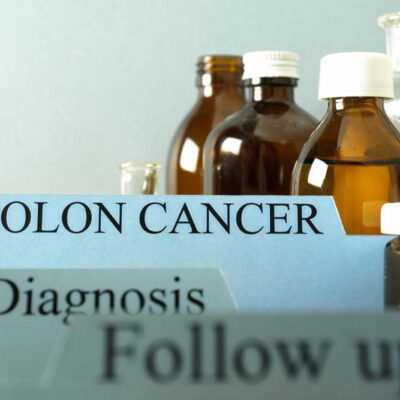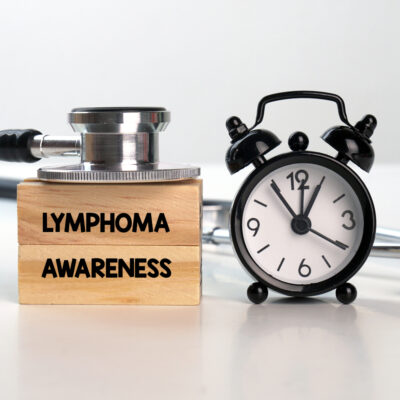
Cancer
9 myths about breast cancer debunked
If one intends to acquire information on breast cancer, just doing a quick search on the Internet can provide one with a plethora of informational sources. However, it is essential to distinguish the reliable ones from the ones that list certain myths about this disease. In the following, some of the common myths about breast cancer have been debunked. This aims to provide one with reliable information about this disease. Myth: Breast cancer can be genetically passed on. Fact: The truth is that only a small percentage of breast cancer is believed to be hereditary, i.e., caused by the passing of anomalous DNAs from a parent to a child. Environmental factors as well as a person’s lifestyle have a huge impact on the occurrence of breast cancer. Therefore, not all cases could be hereditary. Myth: There is nothing one can do to reduce the likelihood of developing breast cancer. Fact: The lifestyle of a person has a significant impact on breast cancer. Therefore, maintaining healthy body weight, exercising regularly, and decreasing one’s alcohol intake can lessen one’s chances of developing this disease. Myth: Antiperspirant deodorants can cause breast cancer. Fact: This is a myth that is not backed by any scientific evidence and research data does not show any link between deodorant use and the risk of developing breast cancer.
Read More 









